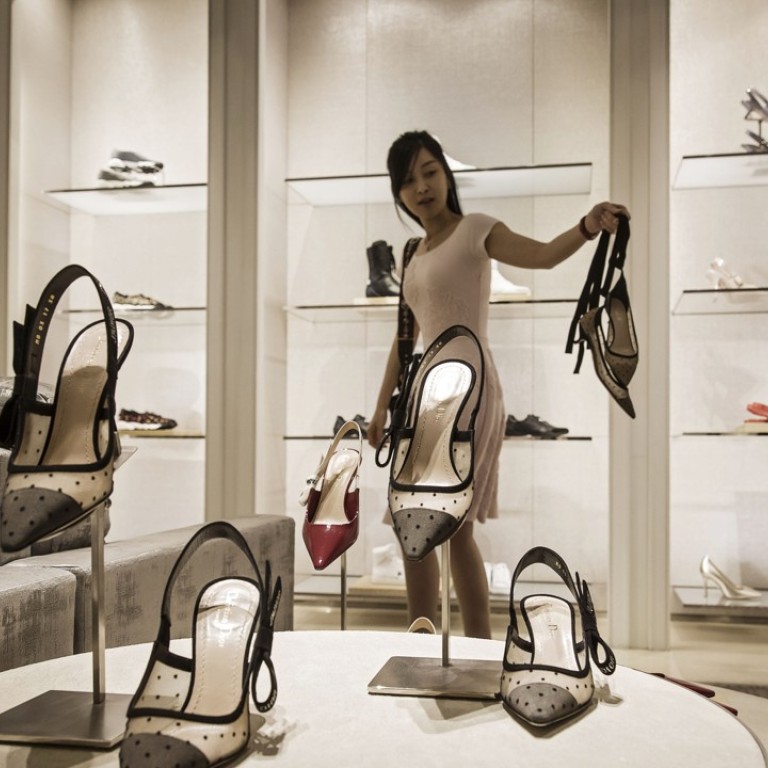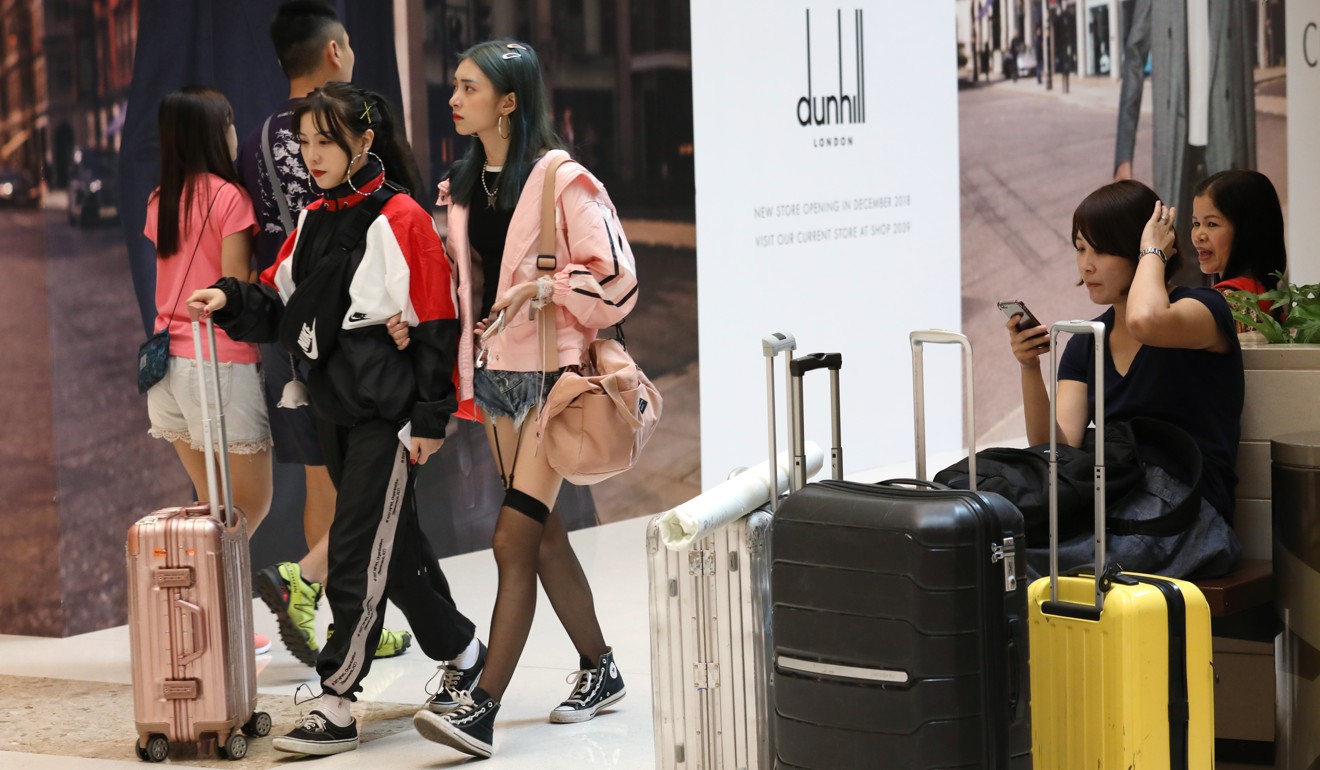
Gen Z and millennials hold key to growing luxury goods market in China
- Survey finds percentage of Gen Z shoppers splurging more than 50,000 yuan a year was much higher than millennials and Gen X
After a three-year downturn between 2013 and 2015, China’s luxury market is booming once again as consumers, led by Generation Z and millennials, indulge in shopping to keep up with the latest seasonal trends.
A survey conducted by global consulting firm OC&C Strategy Consultants showed that over half of Chinese Gen Z (born after 1995) shoppers spent more than 50,000 yuan (US$7,250) last year, compared to only 32 per cent for millennials (born between 1980 and 1995) and 34 per cent for Gen X (born between 1960 and 1980).

But now marketers want Chinese shoppers to spend more on online luxury purchases. They are hoping to lift the share of online sales from the current 9 per cent. And among the three age groups, Gen Z indicated that they were keen to shop more often online.
“Gen Z consumers are more inclined to spend on luxury goods than older generations for several reasons: they are often still living with their parents because they have little hope of buying their own apartment when property is so unaffordable,” said Veronica Wang, associate partner, OC&C Strategy Consultants.
“And because they’re not motivated to save, they have more disposable income. They also have a different work ethic and set of values to their parents – they are more open to enjoying life.”
Gen Z consumers are more inclined to spend on luxury goods than older generations for several reasons
Which is exactly what Sophie Chen, a 23-year-old Shenzhen-based public relations executive for a luxury brand, does.
“I work long hours and like to treat myself to stylish designer clothes and accessories so I can take nice photos when I’m out with friends during weekends,” says Chen, who spends about two-thirds of her monthly salary on luxury products and socialising. “While I know saving up is important, looking presentable comes first for me – as I need to meet clients and support large-scale events on a regular basis.”
The other group, which has higher spending power than Gen Z, is the millennials.
Currently, Gen Z only accounts for 2 to 3 per cent of luxury market sales in China, while millennials make up 30 per cent, according to John Guy, luxury analyst at MainFirst Bank.
Chinese millennials, numbering more than 400 million – that is more than the entire population of the US – serves as the biggest consumer group for European luxury brands.
According to RBC Capital Markets, these well-heeled millennials in China now represent around 35 per cent of global sales of luxury goods, which was worth about US$320 billion last year.
Luxury e-commerce in China has loads of room to grow, thanks to the country’s tech-savvy, cash-rich millennials
Pascal Martin, partner at OC&C Strategy Consultants, said prospects for online sales of luxury goods were looking good. “Shrinking price gaps between China and the rest of the world have been driving Chinese purchases back to China and most of this growth has been happening online.”
The survey also showed that better choice in terms of brands, products and exclusive offerings was indicated as the key factor driving online luxury purchases across all age groups, while convenience came in a close second.

